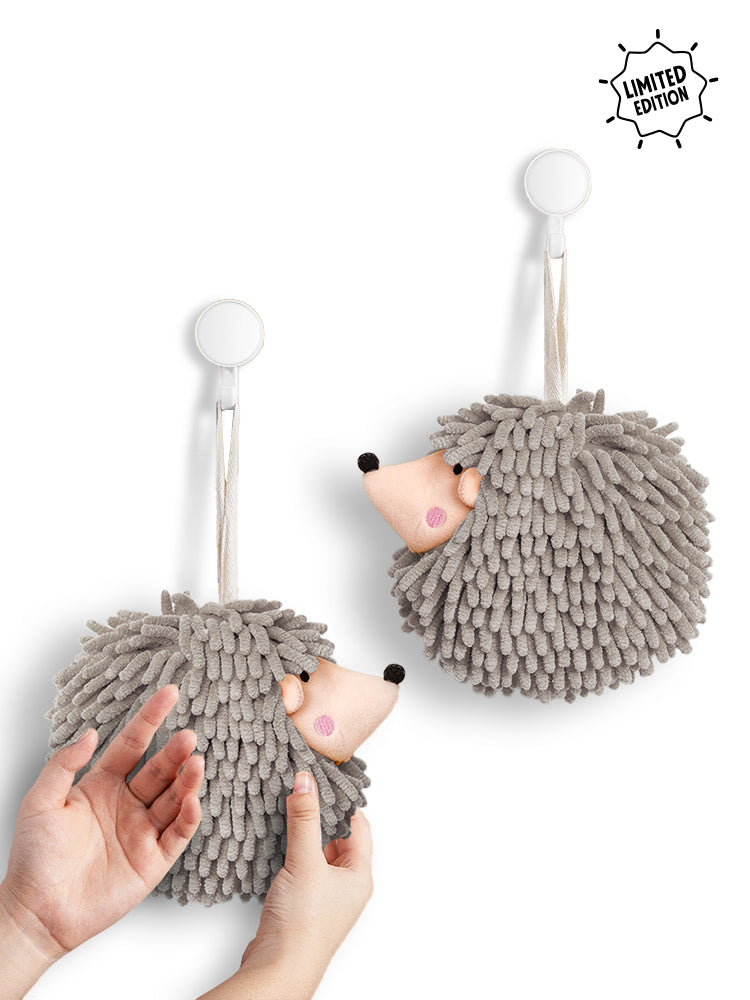
We’re all familiar with the advice to wash our sheets regularly, but have you ever wondered if we should wash our pillowcases more often? After all, your head rests on your pillow every night, which means your pillowcase is more prone to dirt and oils than the rest of your bedding. A clean pillowcase is also crucial for the health of your skin and hair.
Curious about the best practices, we turned to laundry and pillow-cleaning experts to find out just how often we should be washing our pillow coverings. Read on to learn why a clean pillowcase matters, how often you should wash it, and tips to correctly clean it.
The Importance of a Clean Pillowcase
:strip_icc():format(webp)/CD_18792_preview-0ad40e1fe19343df8fe8a0c203766c64.jpg)
Mary Gagliardi, an in-house scientist and cleaning expert at Clorox, says it's important to wash your pillowcase often, as it's consistently exposed to sweat, hair and skin oil, dead skin flakes, dandruff, body soil, and even drool. Beyond protecting your hair and skin from excess dirt and bacteria, it's also important to wash the pillowcase often to protect the pillow itself.
"Particles from dust, skin flakes, body soil, and allergens can work their way past the pillowcase and through the fabric covering of the pillow into the filling, reducing its loft, especially if you aren’t using a protective pillow cover," Gagliardi says.
Additionally, Vanessa Kraft, the owner of Kraft Pillow Service, says that an accumulation of particles, like dust mites, contributes to allergy and asthma flare-ups. If you sleep with your pet, your pet leaves fur and pet dander on your sheets every night as well, adding to the argument that you should wash your pillowcase more often.
How Often to Wash Your Pillowcase
:max_bytes(150000):strip_icc()/how-often-to-wash-bedding-1900210-04-bfb864b9ed584d0bb00f5e4880013c86.jpg)
While the frequency of washing your pillowcase might depend on factors like if you sleep with wet hair or wear oily skincare products at night, the cleaning professionals recommend at least once a week, but ideally twice a week.
"As many as 1 million dust mites can feast on the dead skin you produce in one day. How about body fluids—the average person produces 26 gallons of sweat in bed in a year," Kraft says. "There are other fluids like oil and saliva. This is why it is very important to wash your pillowcase twice per week."
Kimberly Romine, fabric care scientist at P&G, says that even washing your face before bed might not remove all of the dirt and makeup, which can leave soils on your sheets and pillowcases that can end up right back on your skin every night. So even if you don't get to wash all of the sheets weekly, consider washing the pillowcases at least that amount.
To make your laundry routine easier, Gagliardi suggests having two pillowcases for each pillow. This way the dirty one can quickly be swapped midweek for a fresh one, and then both can be washed with the sheets at the end of the week.
Expert Tips for Washing Your Pillowcases
Following these best practices can help you streamline your laundry routine for a more consistently-clean pillowcase.
- Check the care label to ensure you wash the pillowcase correctly.
- Wash cotton pillowcases in warm water and with a high-quality detergent.
- If you have sensitive skin, opt for a dye and scent-free detergent.
- Wash silk pillowcases with a mild detergent and cool water, as this material needs to be cleansed gently, Gagliardi says.
- If possible, air-dry pillowcases rather than tumble drying.
- Avoid fabric softeners, as these can leave a residue and reduce breathability.
Sources:
- All photos used in this blogpost are sourced from the internet, and the rights belong to their respective owners
- Van Ryswyk, H. M. (2025, January 8). You’re Likely Not Washing Your Pillowcase Often Enough—Here's the Ideal Schedule. Better Homes & Gardens. https://www.bhg.com/how-often-to-wash-pillowcase-8659813


